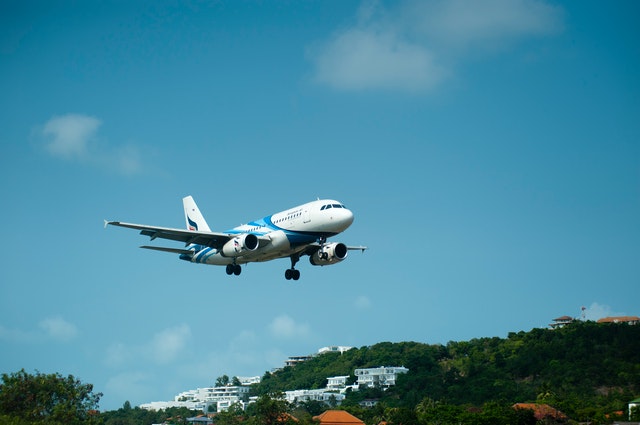 The worldwide air freight forwarding market contracted by 15.3% in the first half of 2020, according to the latest market data from Transport Intelligence (Ti).
The worldwide air freight forwarding market contracted by 15.3% in the first half of 2020, according to the latest market data from Transport Intelligence (Ti).
Ti in a whitepaper said air passenger travel in the first half of the year was decimated as the COVID-19 pandemic grounded passenger aircraft, severely limiting air freight capacity. As a result, international revenue passenger kilometers fell by 98% year-on-year in the worst months of April and May. This is significant because typically 40% to 50% of air freight is carried in the bellyhold of passenger aircraft.
READ: Global freight forwarding market to contract 10.2% this year
Of the seven individual regions, each saw at least 10% of the air forwarding market value wiped away in the first half of the year, said Ti, a global logistics and freight forwarding market information provider.
Of these, Europe has suffered the most, seeing a contraction of nearly 20% during the six-month period as the region’s Big Five economies—Germany, France, Spain, Italy and the UK—all suffered during the height of the COVID-19 crisis.
In North America, the US has been severely hit, with freight volumes at the nation’s airports down 9% in H1 2020, while its trade with China was 9.7% lower than in the same period in 2019.
Across Asia, airport freight volumes were markedly down, ranging from a 10.3% fall in China to a 35.3% collapse in India. In China, the first quarter appears to have seen the most significant impact with downward pressures easing over the second quarter of the year. While 2020 will see a second consecutive year of negative growth for China, the data also shows it will be the least impacted air forwarding market globally.
Across all regions, the sharp declines in manufacturing output have been particularly damaging to volumes. Automotive output, for example, fell to 10% of normal levels in some markets during the height of lockdowns. With demand collapsing as lockdowns kicked in, inventories grew to record high levels, meaning requirements for air freight movements waned.
“Furthermore, with capacity squeezed and prices increasing, there appears to have been an element of modal shift away from air freight. Increases in volumes of healthcare-related goods, such as PPE and cross-border e-commerce volumes only partially offset this slide.”
Looking ahead, the global air freight market is expected to fall 13.9% in 2020, said Ti.
Photo by VisionPic .net from Pexels





